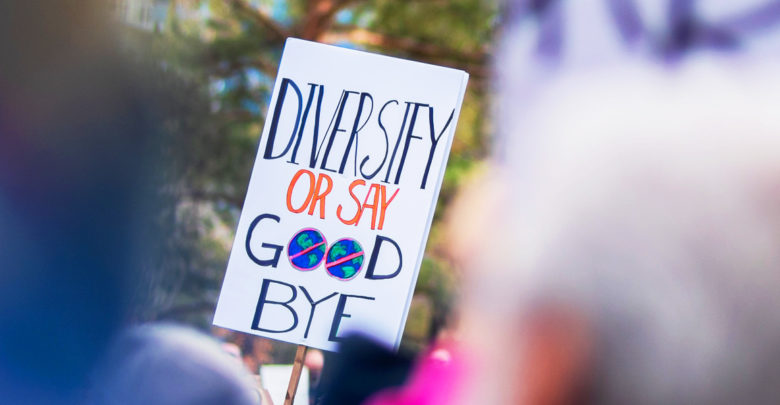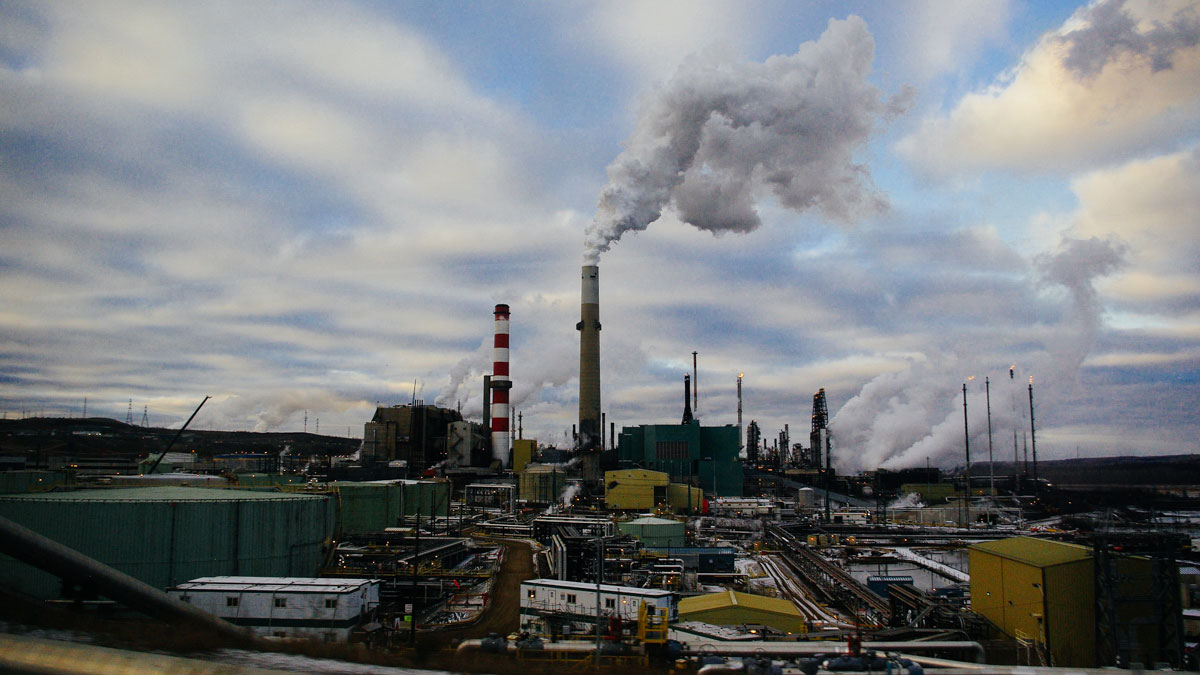 Helen Zhang
Helen ZhangA report published by the UN on November 26 states that Canada is on course to miss our 2030 goal to reduce greenhouse-gas emissions by 15 per cent. That doesn’t sound like much, but at a time when it’s looking more and more like catastrophe is on the horizon, this is a big deal. Donald Wright, a professor from the University of New Brunswick, qualified this report as “discouraging, but not surprising.” I’d like to echo this sentiment.
No one should really be shocked that the government isn’t doing enough for the environment. Call me a dreamer, but I believe that monumental societal change is needed for us to avoid the worst of the coming climate disaster — such a change cannot come from solely the individual or local level. I don’t think it’s the fault of the consumer that our society is so damaging to the planet. Doing your part is helpful, but more so for your own mind than for the planet itself. I’ve come to realize that the actions I take to avoid plastic when I can, to conserve water and energy, or to avoid driving are relatively meaningless in the grand scheme of things — given that 52 per cent of Canada’s 2017 greenhouse gas emissions came from the oil and gas and transportation industries.
The whole “everyone has to do their part” message is misleading — it takes the onus of climate responsibility off of large-scale polluters. Government and big businesses have successfully convinced a huge chunk of the population to ignore that their policies and industrial actions are orders of magnitude more harmful than anything an individual can do. So, instead of asking people to buy reusable water bottles or ride the bus instead of driving, we should push for a change in mindset. If you’re on board with changing little things in your lifestyle, then maybe you’ll be more open to the massive societal changes that are needed in order to face the environmental crisis. These changes would hold governments and corporations accountable for continued ecological destruction and excessive exploitation of resources.
When I was in grade 6, I expected that the lovely folks in government would have the common sense or decency to act before it was too late, and that by the time I was an adult, we’d all be driving around in electric cars and living it up without having to worry about the consequences of our lifestyles. I think a lot of people see it this way: that if we just wait it out, some new technology will come along and make everything alright.
But the problem is too big to have a quick fix. Our current lifestyle is not sustainable. Even with the most advanced technology, the way we interact with our planet is extremely harmful to our environment. Corporate excess, extreme overconsumption, and generally unsustainable lifestyles have come to dominate our society, and unless we can change that, we’re going to have to live with the consequences.
It’s not enough to sit back and keep reading all these depressing reports from the UN. We need to facilitate a greater shift in our mindset regarding our relationship to the environment. The word “sustainability” is thrown around so often that it seems to have lost its meaning. I think that it’s a powerful word: if our lifestyle is qualified as unsustainable, not only should that make you think that it’s bad for the planet, but that if we continue to live this way, our society as we know it will come to an end. It cannot be sustained.
So, instead of turning a blind eye to the worst excesses of our fossil-capitalist society, we must take an honest look at what’s really going on. In the words of the ever-wise Grinch: “You put your glasses back on and face the facts!”




